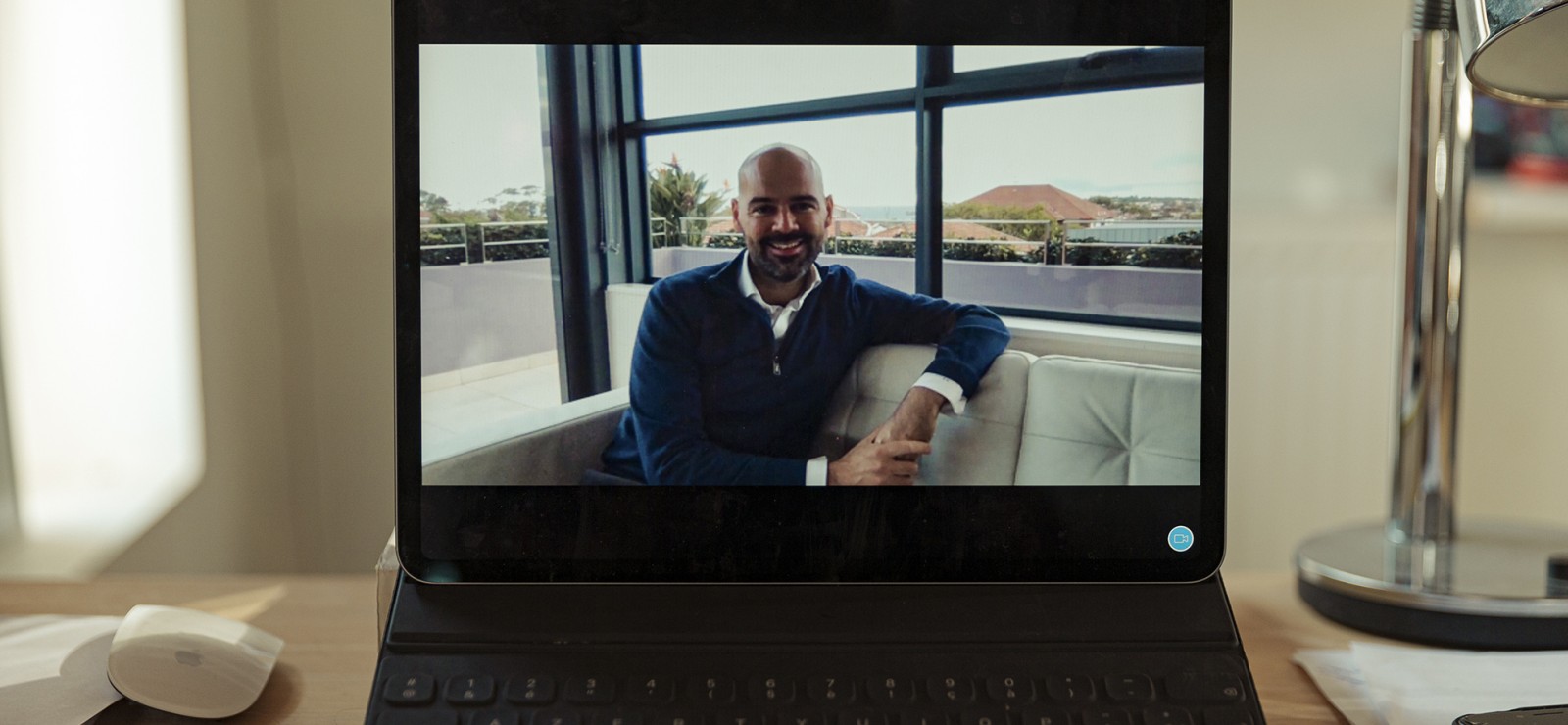A year ago, Professor Frederik Anseel flew to the other side of the world to live in Sydney. He left his job as Vice Dean of Research at King’s College London to become responsible for the research policy there. The business school where he now works has about 300 professors. In the meantime, he had also taken on the role of talent management commissioner at Ghent University. Frederik’s ambition: to see as much of the (research) world as possible and learn from it.
You are a talent management commissioner at Ghent University. What exactly does that mean?
I provide policy advice to the university to attract, develop and retain top international talent. In essence, how can we ensure that Ghent University is attractive to the best professors and doctoral students in the world? How can we get them to come to the university, and then how do we ensure that they stay with us and then best serve their purpose? In other words: what personnel policy is needed for this?
You have a lot of experience with foreign universities. How important is that foreign experience to you?
I really see my experience abroad as a learning path. Only when you live and work somewhere else can you be immersed in life there. On a daily basis, I work with researchers from Asia, the United States, the United Kingdom and other countries in Europe. The academic world works on a global scale: research takes place at an international level. Apart from the fact that we have to learn and be able to work with different time zones, there is little difference. The approach does differ, and that has a lot to do with cultural differences. It’s very fascinating.
What have you learned from all these cultural differences?
In Sydney, for example, people are very disciplined. They have procedures for everything, and everyone follows the rules very strictly. In Belgium, we have more freedom to take initiatives. That is changing. The academics from Milan are very self-confident. I noticed that when I worked at Bocconi, the University there. As a rather modest Belgian, it is quite an adjustment. We tend to put everything into perspective. I had the same feeling in Paris, London and Sydney. You constantly have to prove yourself again and again. You always end up in a new world, one in which you have to start from scratch. That's healthy: that’s how you question yourself every time.
Does it also put our education in perspective?
Education systems are different everywhere. Here in Sydney, for example, the university world is a real business because it is much less dependent on public money. Here the university lives from its international students. They sometimes pay an enrollment fee of up to 20,000 euros per year, and the business school alone has an annual budget of 150 million euros. That is why, just like in any other company, we are involved in marketing products, budget preparation, budget forecasting, sales and marketing. There is a lot more competition.
How does that work in practice?
You can see this, for example, in publications: if it is not absolutely top, they advise against publishing. The question is whether that is necessarily better. Purely based on budget, it is difficult for Ghent University to compete with the very best. And yet Ghent University is world-beating in a number of fields. I’m thinking of the Faculty of Veterinary Medicine, which has been ranked first in the prestigious “Shanghai Ranking of Academic Subjects” for the fourth year in a row. The challenge is to make a well-considered choice: where do we want to play a part, in which domain do we want to excel. You can't be the best at everything.
